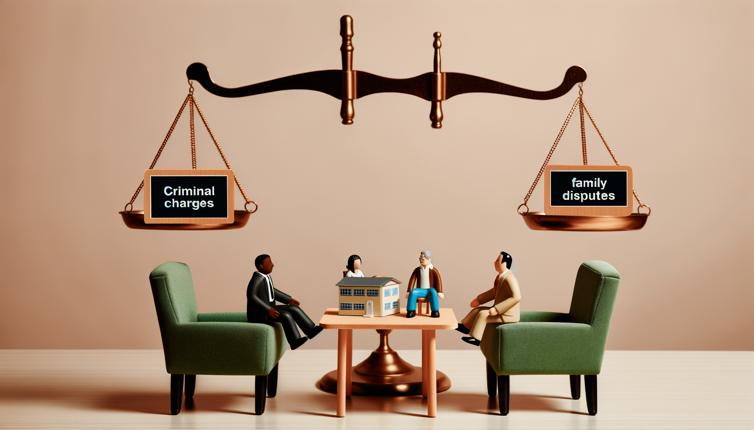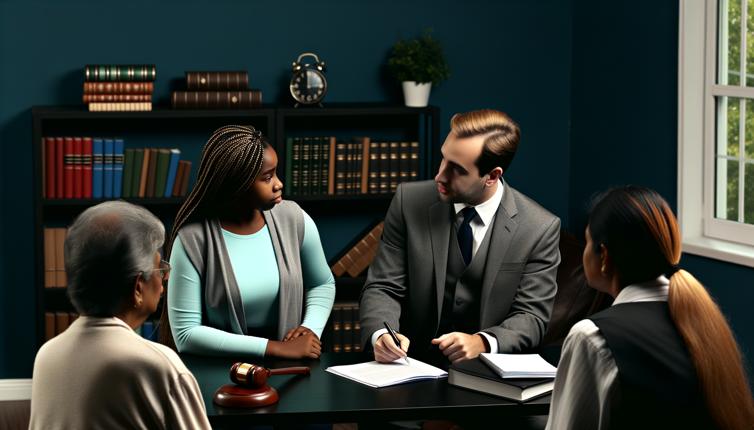Identify Your Legal Needs
The first step in choosing the right lawyer is to identify your specific legal needs. This could include areas such as criminal defense, personal injury, family law, immigration, or business law. Understanding your legal needs will help narrow down your search for the right lawyer.
Research Potential Lawyers
Once you've identified your legal needs, it's time to start researching potential lawyers. Start by gathering recommendations from friends, family, and colleagues. You can also use online directories and legal referral services to find lawyers in your area.,When researching potential lawyers, consider their experience, expertise, and track record of success. Look for lawyers who specialize in your specific legal issue and have a strong reputation in the legal community.,In addition, read reviews and testimonials from past clients to get a sense of their satisfaction with the lawyer's services. This will give you valuable insight into what working with the lawyer might be like.
Schedule Initial Consultations
Once you've compiled a list of potential lawyers, schedule initial consultations with each of them. Most lawyers offer free or low-cost initial consultations to discuss your case and determine if they're a good fit for your needs.,During the initial consultation, ask the lawyer about their experience and expertise in handling cases similar to yours. Discuss your legal issue, ask any questions you have, and assess whether you feel comfortable working with the lawyer.,Pay attention to how the lawyer communicates with you during the consultation. Clear and effective communication is crucial in any lawyer-client relationship.
Consider Cost and Fee Structure
When choosing a lawyer, it's important to consider their cost and fee structure. Lawyers' fees can vary widely depending on factors such as their experience, location, and the complexity of your case.,Some common fee structures include hourly rates, flat fees, and contingency fees. Hourly rates are based on the amount of time the lawyer spends on your case, while flat fees are a set amount for the entire case. Contingency fees are typically used in personal injury cases and are based on a percentage of the final settlement or verdict.,Discuss the lawyer's fee structure during the initial consultation to ensure it aligns with your budget and expectations. Don't hesitate to ask about any additional costs or expenses that may arise during your case.
Evaluate the Lawyer's Compatibility
In addition to assessing the lawyer's experience and expertise, it's important to evaluate their compatibility with you. A strong lawyer-client relationship is built on trust, respect, and effective communication.,Consider whether the lawyer takes the time to listen to your concerns, values your input, and explains legal concepts in a way that you can understand. They should also be responsive to your phone calls and emails, keeping you informed about the progress of your case.,Choose a lawyer who you feel comfortable working with and who you believe has your best interests in mind. Remember, you may be working with this lawyer for an extended period of time, so it's important to choose someone you trust.
Conclusion
Choosing the right lawyer for your legal needs is a decision that should not be taken lightly. By following the steps outlined in this comprehensive guide, you can find a lawyer who has the knowledge, experience, and compatibility to effectively represent you in your legal matter. Remember to trust your instincts and choose a lawyer who you feel confident will advocate for your best interests.









